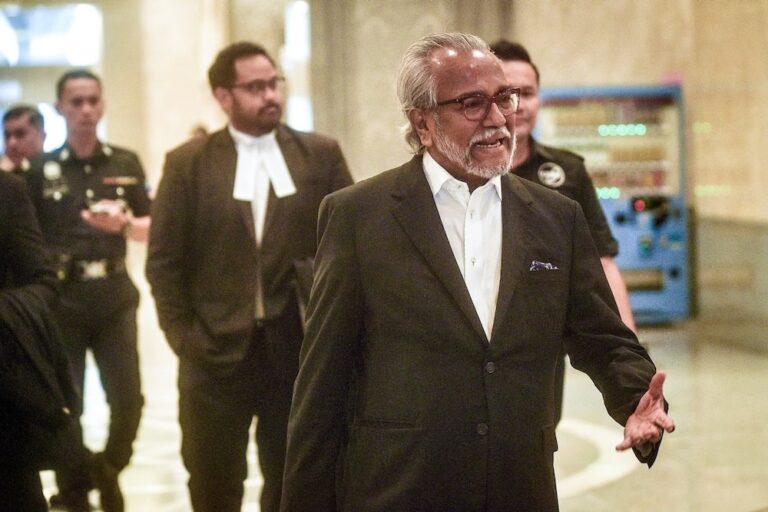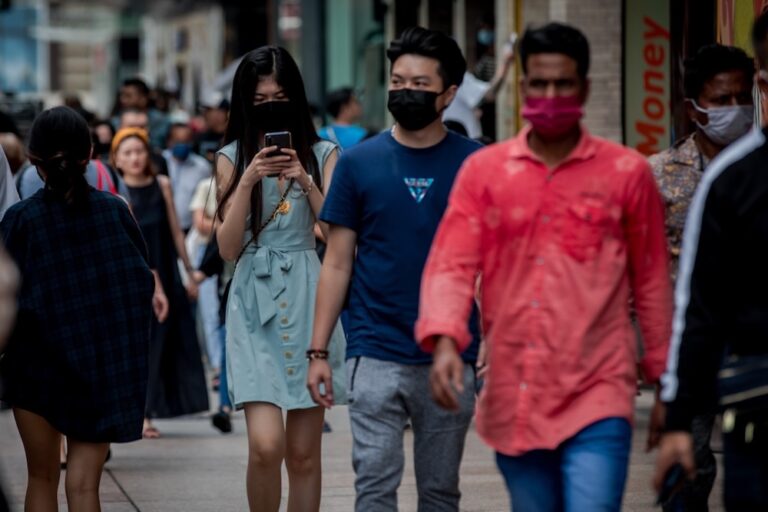(SEAPA/IFEX) – In what media advocates say is a landmark development in Internet censorship in Malaysia, http://Malaysiakini.com has reported that, on 26 August, the Malaysian Communication and Multimedia Commission (MCMC) instructed major Internet Service Providers (ISPs) in Malaysia to immediately block access to Malaysia Today ( www.malaysia-today.net ), a popular political blog. As a result, […]
(SEAPA/IFEX) – In what media advocates say is a landmark development in Internet censorship in Malaysia, http://Malaysiakini.com has reported that, on 26 August, the Malaysian Communication and Multimedia Commission (MCMC) instructed major Internet Service Providers (ISPs) in Malaysia to immediately block access to Malaysia Today ( www.malaysia-today.net ), a popular political blog.
As a result, Malaysia Today is now reportedly inaccessible over Malaysian ISPs TMnet, Maxis and Time. The MCMC has long blocked pornographic sites and Malaysia’s Securities Commission has in the past blocked dubious investment sites. Kuala Lumpur-based Centre for Independent Journalism (CIJ), a partner of the Southeast Asian Press Alliance (SEAPA), said that “this is the first time such a measure is used against a social and political site.”
CIJ, in a statement also issued on 28 August 2008, condemned the MCMC order, saying that in banning the website run by writer and commentator Raja Petra Kamaruddin, the Malaysian government has gone against national guarantees spelt out under Malaysia’s Bill of Guarantee of the Multimedia Super Corridor, which promises no censorship of the Internet.
“By blocking the site, the first (to be banned over) social/political content, the Commission is reflecting the extent to which narrow political interests are dictating the rules of the game on expression over cyberspace,” the CIJ said in a statement.
CIJ questioned the grounds under which the decision was made by the Commission. The MCMC Chief Operating Officer (COO), Mohamed Sharil Tarmizi was quoted as citing vague and general statements such as “insensitive” and “bordering on incitement,” only to reinforce the perception that the move is politically motivated. CIJ demanded to know if there were official complaints lodged to the commission against Malaysia Today, and the nature of their grouse, for public scrutiny.
“We also question the definition, standards and perception of ethical blogging that the COO mentioned in warning bloggers of their responsibility,” CIJ said. “Ethical standards that are decided arbitrarily and without consultation is an alternative method of control for the government. The Commission needs to work harder in order to prove its worth and credibility as an independent institution. The government, on the other hand, should take heed that its plunging popularity is fueled by its attempt to silence alternative voices, and such actions will only popularise these voices further.”


